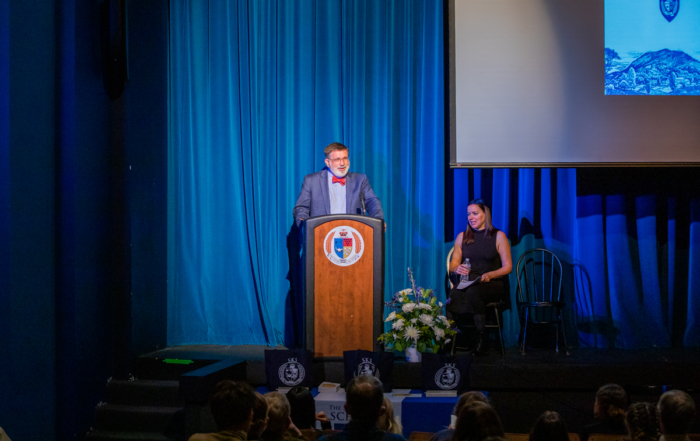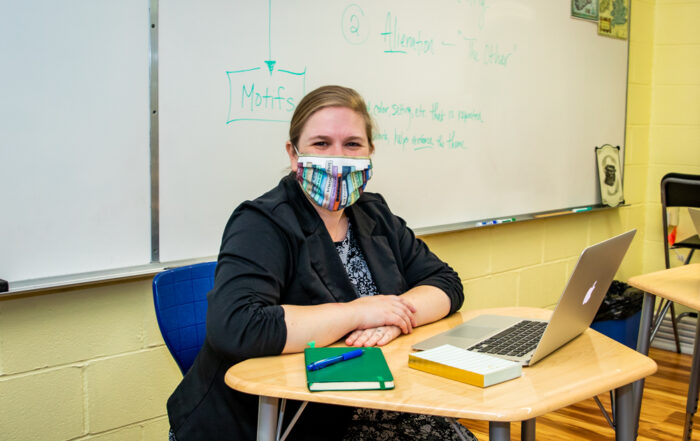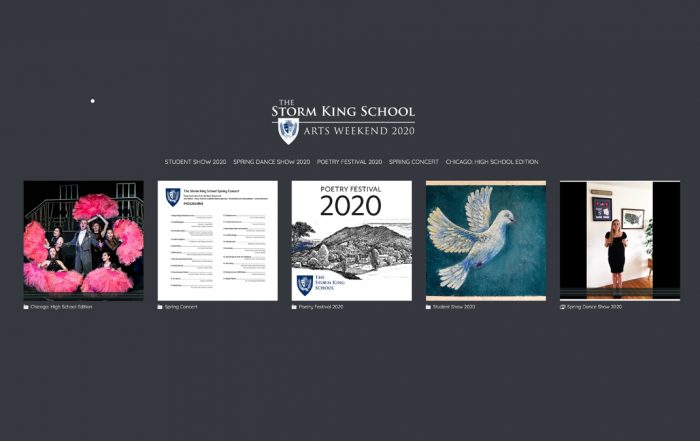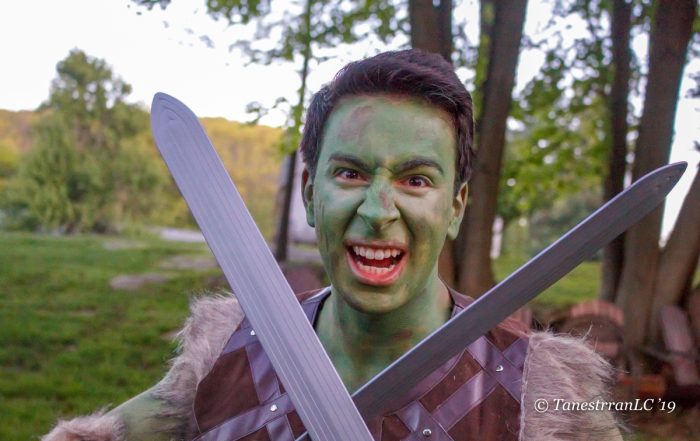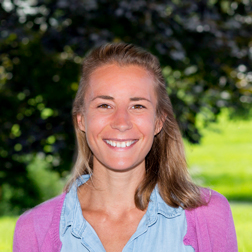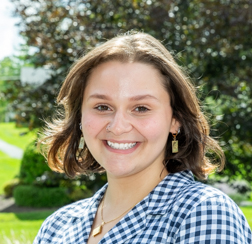English
English at The Storm King School exemplifies the standard of academic excellence found across our curriculum. In the richness of its course offerings, its small classes typically conducted in a seminar format, and its emphasis on reading, writing, evaluation and discussion. Courses at all grade levels stress careful understanding, responsible thinking and clear, precise expression of ideas. Students study literature representing a broad range of historical and cultural perspectives with an emphasis on American literature in the 10th grade.
Curriculum Guide
From the SKS Newsfeed

